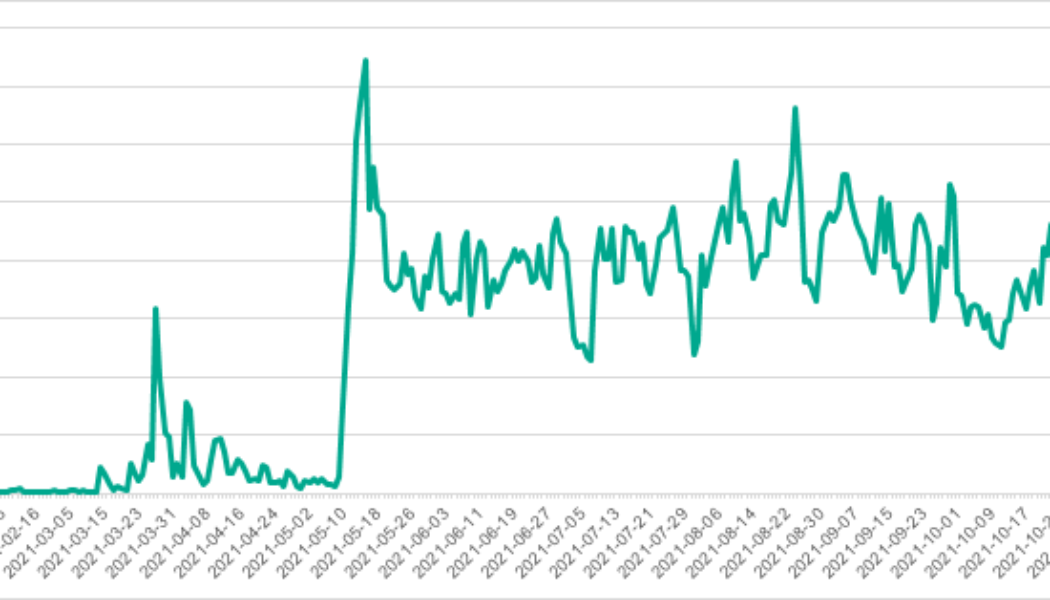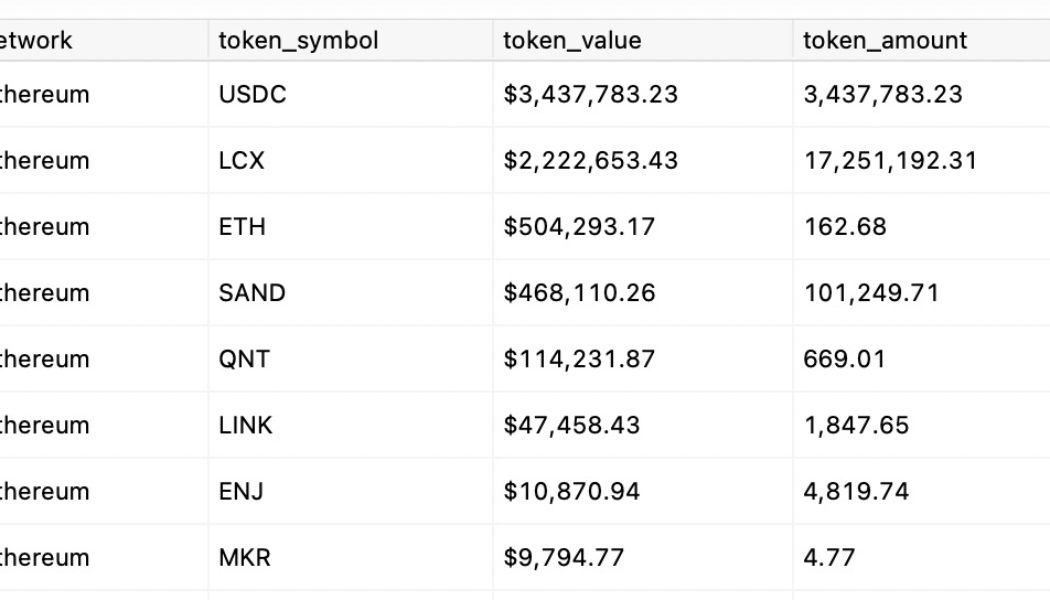cybercrime
LCX loses $6.8M in a hot wallet compromise over Ethereum blockchain
Liechtenstein-based crypto exchange LCX has confirmed the compromise of one of its hot wallets after temporarily suspending all deposits and withdrawals on the platform. The hack was first identified by PeckShield, a blockchain security company, based on the suspicious transfer of ERC-20 tokens from LXC to an unknown Ethereum wallet. hot wallet compromised? @lcx https://t.co/uL5a7oCFfM — PeckShield Inc. (@peckshield) January 9, 2022 The probable hot wallet compromise was soon confirmed by the exchange as it announced the loss of numerous tokens including Ether (ETH), USD Coin (USDC) and other tokens including its in-house LCX token. Ethereum blockchain based assets such as ETH, USDC, EURe, LCX and other assets have been moved to the Hacker ETH Wallet: 0x165402279F2C081C54B00f0E08812F...
The Most Vulnerable IoT Devices: Think Before You Buy This Black Friday
With the shopping season approaching, it’s likely that internet-connected gadgets and toys will be a popular item on many users’ wish lists, as more than 88% of people use IoT (Internet of Things) devices in their households. However, cybersecurity experts warn: Internet of Things devices can quickly go from fun to creepy, depending on how hackable they are. “Enormous Black Friday discounts can rush customers into buying some very questionable gadgets. However, Internet of Things devices is widely known among experts for low-security measures they usually have installed. There is a joke going around: ‘The S in IoT stands for security’. So, it’s best to think before bringing any new IoT device to your household, as it can easily compromise the whole network,” says digital security expert at...























